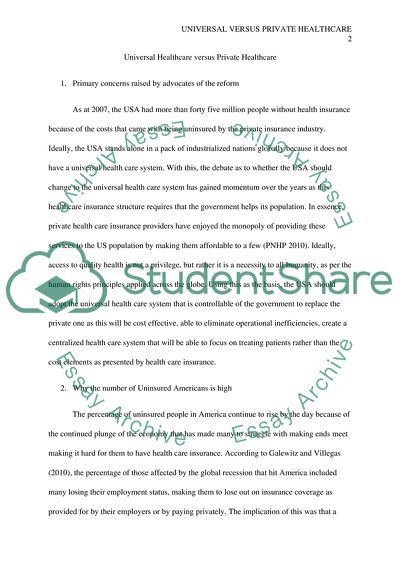Cite this document
(Universal Healthcare versus Private Healthcare Research Paper, n.d.)
Universal Healthcare versus Private Healthcare Research Paper. Retrieved from https://studentshare.org/health-sciences-medicine/1823163-is-it-more-beneficial-for-the-us-to-establish-universal-healthcare-versus-private-healthcare
Universal Healthcare versus Private Healthcare Research Paper. Retrieved from https://studentshare.org/health-sciences-medicine/1823163-is-it-more-beneficial-for-the-us-to-establish-universal-healthcare-versus-private-healthcare
(Universal Healthcare Versus Private Healthcare Research Paper)
Universal Healthcare Versus Private Healthcare Research Paper. https://studentshare.org/health-sciences-medicine/1823163-is-it-more-beneficial-for-the-us-to-establish-universal-healthcare-versus-private-healthcare.
Universal Healthcare Versus Private Healthcare Research Paper. https://studentshare.org/health-sciences-medicine/1823163-is-it-more-beneficial-for-the-us-to-establish-universal-healthcare-versus-private-healthcare.
“Universal Healthcare Versus Private Healthcare Research Paper”, n.d. https://studentshare.org/health-sciences-medicine/1823163-is-it-more-beneficial-for-the-us-to-establish-universal-healthcare-versus-private-healthcare.


